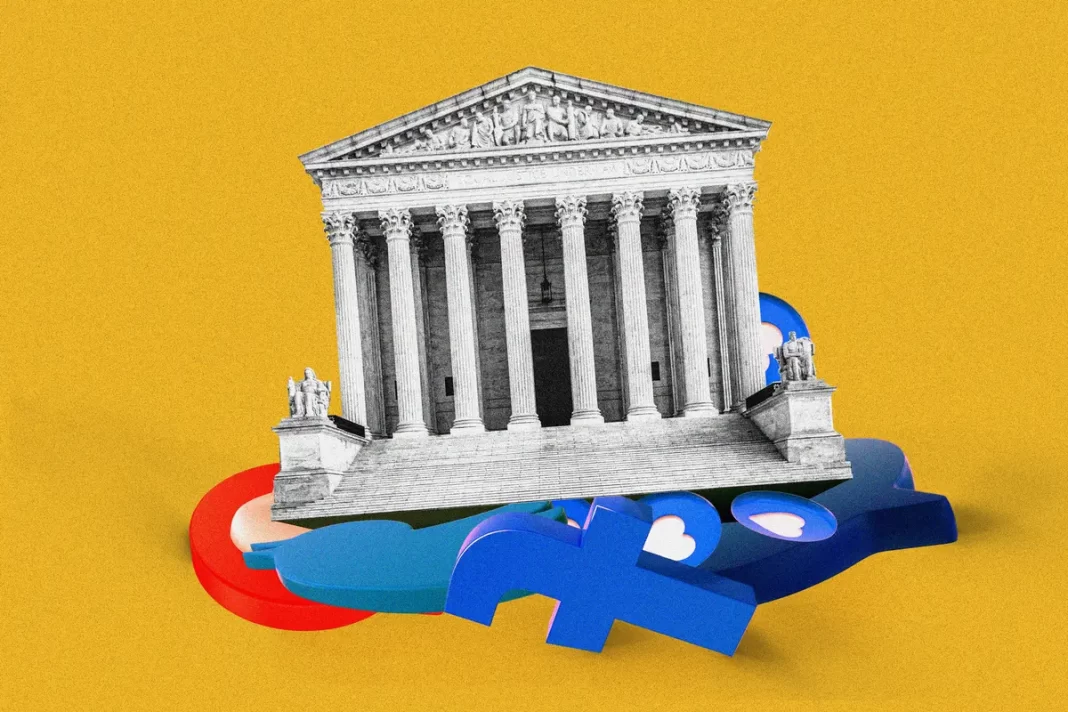
Witnesses claim a secretly negotiated deal on the future of hydroelectric dams could have devastating economic and social consequences in the Pacific Northwest.
Biden administration officials chose not to appear for a congressional oversight hearing regarding a leaked draft outlining proposed settlement of litigation over salmon and dams in the Columbia River basin.
Committee members wanted government officials to answer questions about the prospective agreement, which has been negotiated behind closed doors over the past six months.
Instead, the Republican-controlled House Subcommittee on Water, Wildlife, and Fisheries heard from a witness for conservation groups and from the leaders of stakeholder groups representing public power, agriculture, and transportation interests.
The Dec. 12 hearing featured arguments both for and against breaching the four Lower Snake River dams in Washington as a way to recover threatened and endangered Snake River salmon and steelhead trout.
Witnesses described how removing or breaching the dams would affect consumer electricity rates and farmers who rely on the dams for irrigation and use the rivers to transport wheat and other agricultural exports to the Pacific Ocean.
Interests Weigh In
Republicans claim that removing hydroelectric dams in Washington without an act of Congress would violate the Constitution and have devastating social and economic consequences for the Pacific Northwest.
Democrats say the leaked documents are now potentially out of date and came out of closed-door talks that stemmed from 22 years of litigation.
Witnesses in the hearing pushed back against what they called “opaque” discussions.
“This region must grapple with an agreement between the U.S. government and six selected sovereign parties, forged in secret many months ago and only recently made public thanks to the brave acts by a few Northwest congressional leaders,” Scott Simms of the Public Power Council said in his opening remarks.
Democrats countered that closed-door mediations are standard practice in such negotiations.
“Not only is it concerning that my colleagues received a leaked document from one of the parties in the litigation, but more concerning is they determined the best course of action was to leak them further and use this committee’s time and resources in an apparent attempt to hobble settlement negotiations,” Rep. Jared Huffman (D-Calif.) said.







